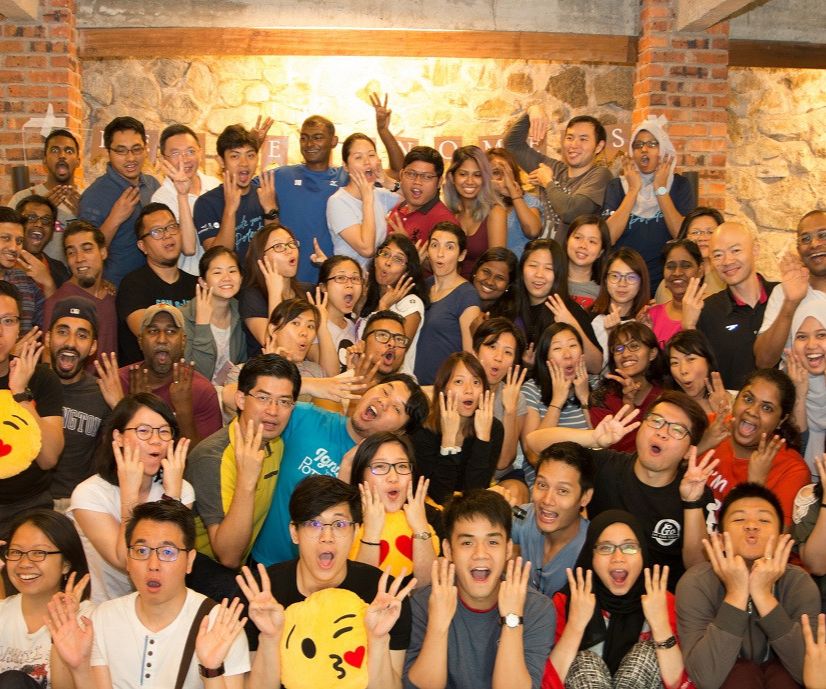Job Interview: The 5 Questions You Must Ask

“So, what questions do you have for us?”
It’s the inevitable question that comes at the end of nearly every job interview — and yet it’s the one question jobseekers rarely have an answer prepared for.
When people do think to prepare for this part of the interview, they often ask bland stock questions that aren’t truly important for their job hunt.
People get so hung up on preparing for the question they might get asked that they often forget to ask important questions they should have and need answers to.
Unfortunately, in a downturned economy, job hunters tend to adopt a scarcity mindset.
If you need work, you may not be able to afford to be picky about which offer to accept, but that doesn’t mean you have to approach the interview with that same frame of mind.
Rather, if you ask questions as though you are weighing the offer of this job against other offers (whether you are or not) you’ll be in a better position to know if the job is a good fit for you and how you can best succeed with the company.
Remember: the power in these situations is with the listener, so you can end on a powerful note by asking thoughtful, insightful questions that not only make the interviewer think, but give you answers you need in order to make a choice about whether or not to accept the job.
Here are my top five
1. Which of my skills do you see as the most important for the challenges that come with the position?
You want a job that leverages your key strengths. The answer to this question helps you understand whether the company is interested in you because of the key skills you have and want to grow, or maybe for other skills you see as less important to focus on and grow.
It also helps you to check whether the challenges they see for the position you are applying for are the same ones you are expecting.
2. How will the company help me develop?
You don’t want to simply apply your skills, you also want to improve and learn new things.
Make sure there is a plan or a support system to ensure this happens before you accept the job.
This can come in the form of support for continuous professional development or other support such as coaching or mentoring schemes.
Asking this question also shows the interviewer that you’re interested in self-improvement and growing with the company.
3. Can you tell me a little about the team I’ll be working with?
This is an excellent question to address the culture of the company — without actually asking about the “culture” of the company.
You might find you get a very different answer than what’s printed in the company’s mission statement or on their website.
It will help you understand how well you fit in with the company, and psychologically it’s a great question to ask because it gently assumes you’ll be getting the position.
4. What constitutes success with this position and company?
This is a great way to demonstrate that you’re interested in succeeding (not just punching a time clock) but it also gives you key insights into the expectations of the position and the culture of the company.
5. Do you see any gaps in my skills or qualifications that I need to fill?
This is a bold, gutsy question. Not everyone is going to be confident enough to ask it, which is going to set you apart from the competition.
To the interviewer, it shows that you’re a bold thinker and demonstrates that you’re willing to fill any gaps that might exist.
For you, the worst-case scenario is that there are gaps that will preclude you from getting the job, but that’s valuable information to take into your next interview.
In the best case, the interviewer won’t have any answer, and hopefully you’ll be shortlisted for the position!
Your end of the deal
Some interviewers may consider this portion of the interview a “throwaway”, answering easy questions about salary, benefits, time off, etc.
But for the applicant, it’s an excellent opportunity to stand out, get important answers you need to know if you’re a good fit for the job, and demonstrate that you’re an individual, not just a resume in a pile.
Of course, you don’t have to wait until the end to ask your questions.
In fact, it is much better (and much more natural) if you cover these questions during the interview.
Related article: What Your Answers Could Mean
Reposted with permission and published in English daily The Star, Malaysia, 7 February 2015
Did you find the article interesting? Would you like to know more about how we can foster innovation? Check out Necole. Necole is an Artificial Intelligence (AI) powered learning app that that curates personalised learning just for you. Watch this video!
To find out more about Necole, click here or email info@leaderonomics.com
Functional
Tags: My First Job





